An undesired event that results in harm to people, loss of process, environmental interference, property damage or liability.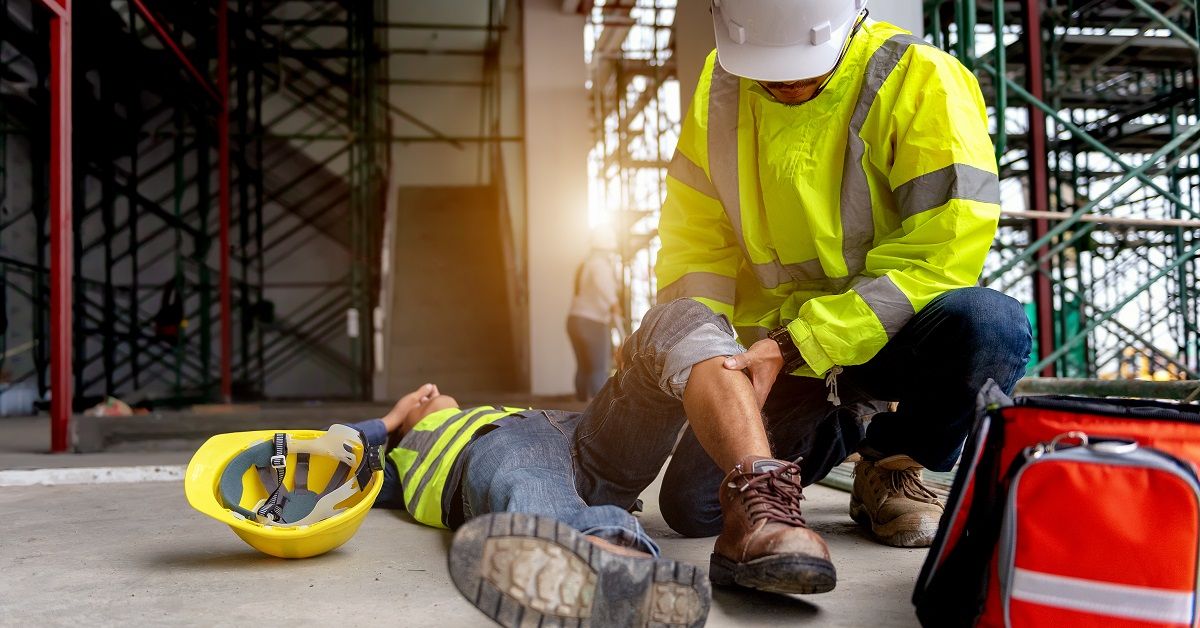
What is an incident?

Fill in the blanks:
90 percent of construction incidents are due to unsafe _______, 9 % are due to unsafe _______, and 1 % are due to "Acts of God".
What is 90% due to unsafe Behaviors (or acts), and 9% due to unsafe Conditions
What Classification (A,B,C) of incident does this describe:
An event that results from a condition or practice that has the potential to cause permanent disability, loss of life or body part, or extensive loss of structure, equipment or material
What is Class A?
Examples:
Fall protection- not being tied off
Failing to de-energize electrical equipment prior to work
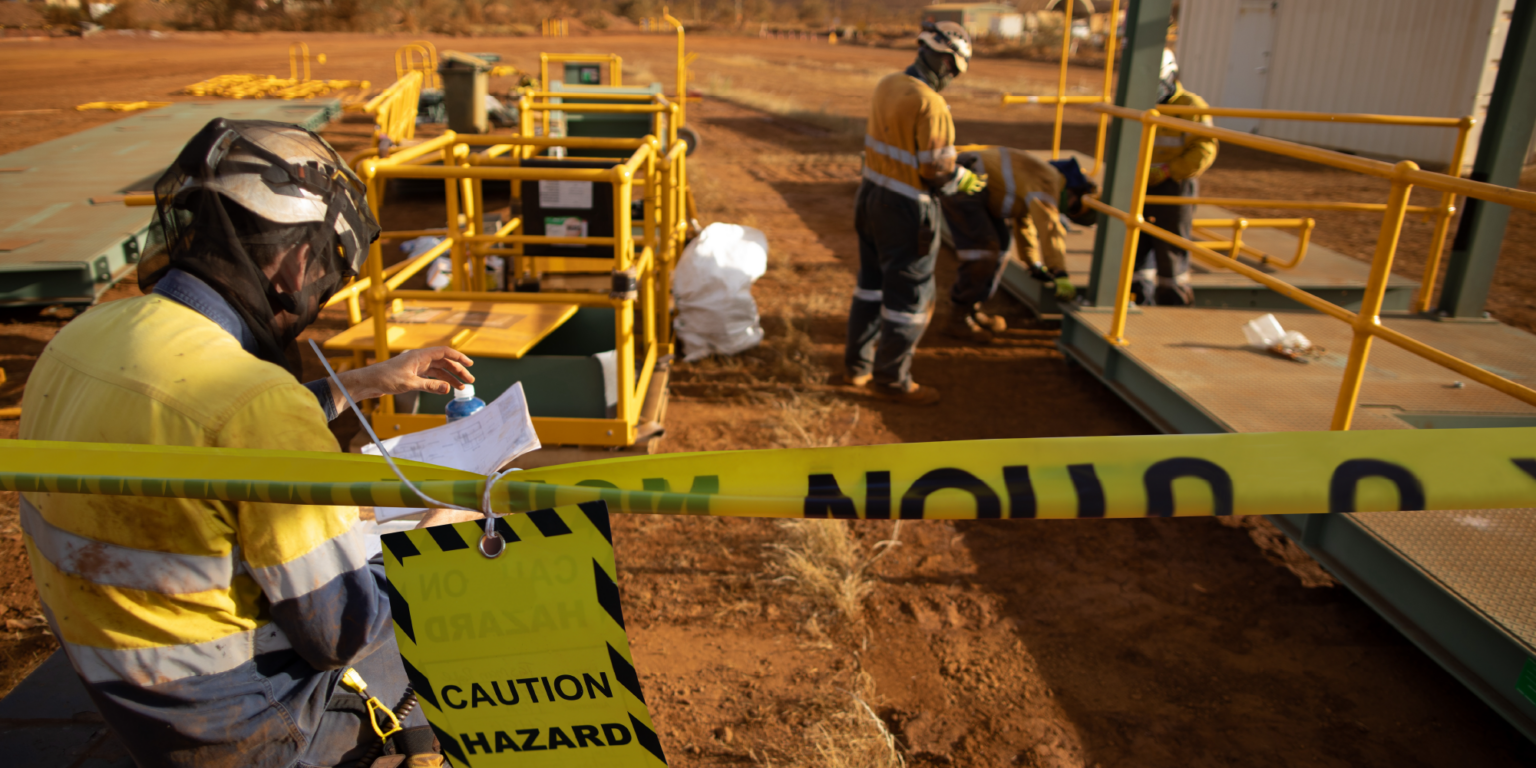 What is the first step of the incident investigation process, upon arriving on the scene of a recent incident?
What is the first step of the incident investigation process, upon arriving on the scene of a recent incident?
What is "Secure the scene" ?
*ensure medical care has been summoned/provided if needed,
*ensure the scene is safe to enter
*ensure that any evidence is preserved
next, Classify (A,B,C) Collect the facts, Develop the sequence of events, determine root cause(s), corrective actions, Signoff and final report
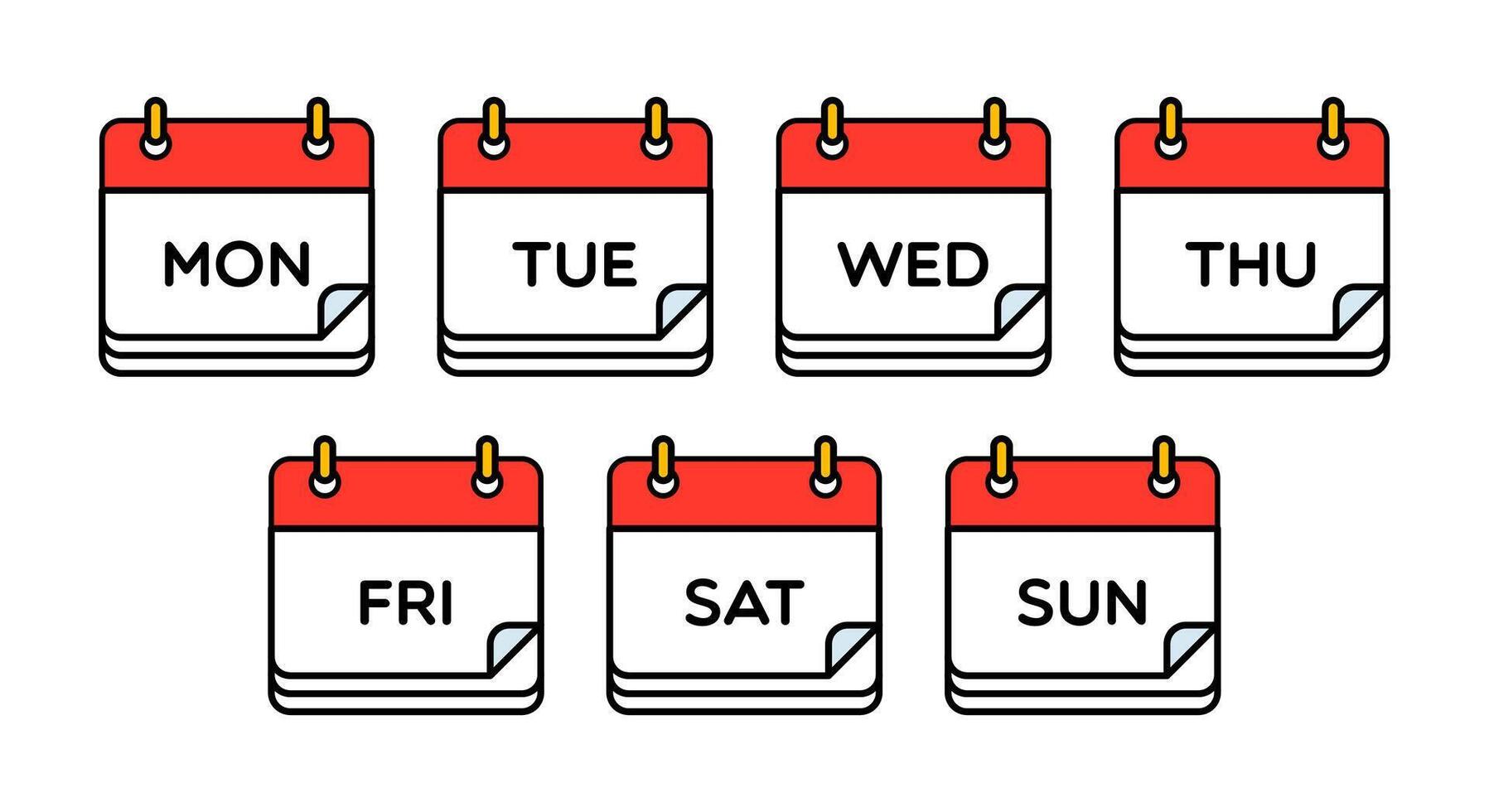
72 Hours
It must be submitted- not just saved as a draft
Any one time treatment and subsequent observation(s) of minor, superficial injuries (i.e. minor scratches, cuts, burns, abrasions and splinters or foreign objects embedded only in surface tissue) that do not require the professional medical care by a medical professional even though such an individual may have delivered the care
What is a First Aid?
*applying a band aid for a superficial wound
*resting indoors and drinking water when a worker is feeling ill in the heat, and they recover enough to go back to work
*sometimes the classification of an incident may be delayed until we can clarify the cause, onset, and/or treatment of the illness or injury. Always consult with Safety/Super/or PM before submitting an incident report in SMC (or Hammertech, soon)
True or False: The prime objective of incident investigation is to prevent recurrence through fault-finding.
What is FALSE?
Fact- finding, not fault finding. The focus should not be on assigning blame, but on fixing the process that led to the incident by implementing safe work practices. Whether that is through training, retraining, improved communication- it's not about pointing the finger.

This is an incident that results from a condition, practice, that has potential to cause minor, non-disabling injury or illness, or NON-disruptive property damage.
What is a Class C incident?
Examples:
Worker hits thumb with a hammer
Forklift grazes a superintendent's truck and cracks headlight
When a trade contractor reports an incident, it is the responsibility of PCL to perform the incident investigation report.
What is False?
While PCL may need to complete their own investigation the trade contractors are responsible for filling out their own incident reports which should contain witness statements, photos, contact information, sequence of events and all details regarding the incident.
*If they turn in a form that does not contain the information that we require for our reporting, send them a copy of our PCL incident report highlighting the missing information to fill out.
Wager up to 2 times the total points you have*
What megaproject, known for it's delays and cost overruns, rerouted I-93 into a tunnel through the heart of downtown Boston?
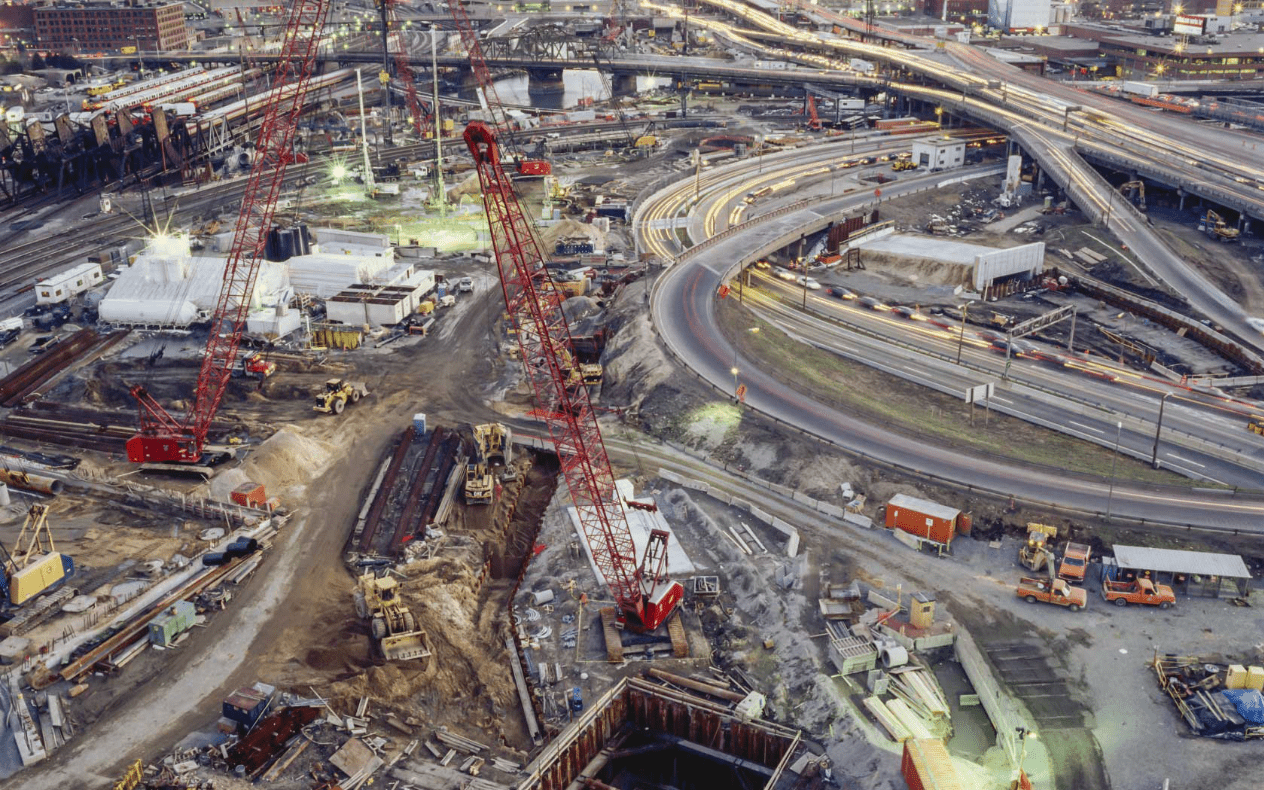
"The Big Dig"
or
Central Artery/Tunnel project
The most basic cause that can reasonably be identified that management has control to fix and, when fixed, will prevent recurrence.
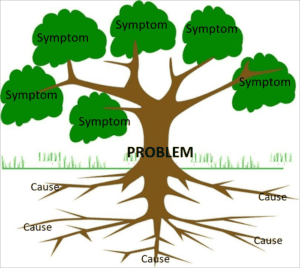
What is a root cause?
After securing the scene, classifying the risk, collecting facts, we must determine what the root cause of the incident was.
*it's very rarely a worker's fault- it is most commonly due to a failure to provide training, communication, or related lapse in safety management system.

True or False:
Whenever an incident occurs, the worker(s) involved should be immediately sent for drug testing.
False:
When there is no reasonable suspicion that an impairment may have caused the incident, the worker does not need to be sent for testing.
*If unsure- check with HSE!
A fatality on a jobsite must be reported to OSHA within what time frame?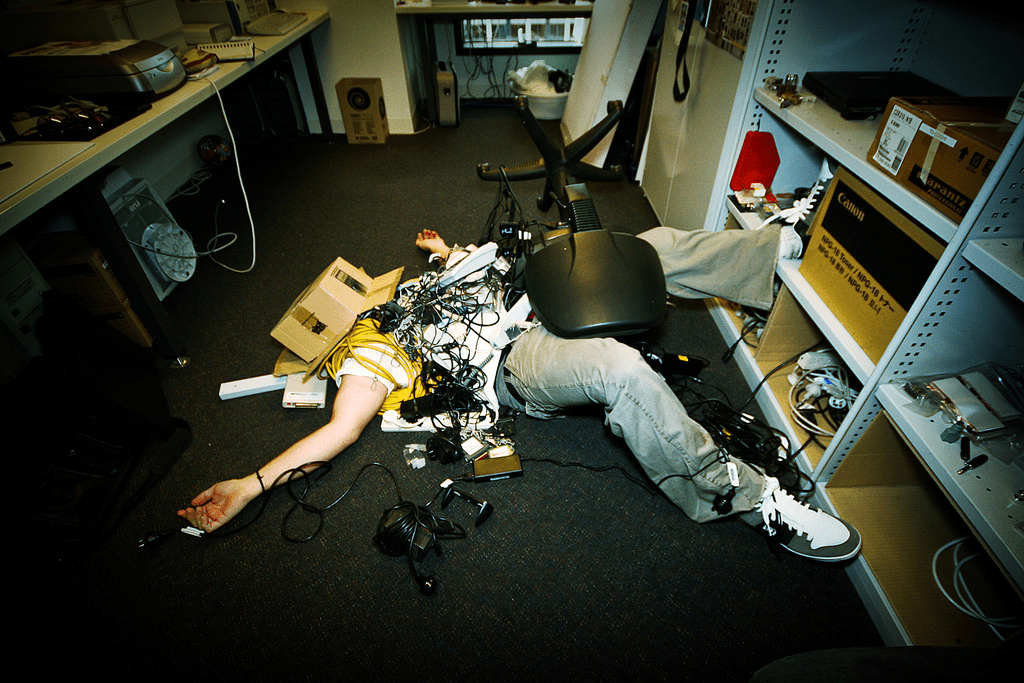
8 hours
Name 2 documents that should be reviewed during the incident investigation process to determine if PCL procedures were being followed:
What is:
PSI
JHA
Safety Orientation Records
Equipment Inspection Records
Name the two Main actors in this clip:
Chris Farley and Brian Dennehy
An injury where the worker is away from work on a day after the day on which the incident occurred, on the advice of a medical professional
What is a lost time incident?
These types of incidents should be kept to a minimum because PCL and our trade contractors are consistent in offering injured workers light duty following an injury. If a worker is assigned restricted duty by a doctor, we will always comply. If a medical professional has not completely restricted them from working at all, and they choose not to accept light duty, it is not classified as a lost time injury.
*Injury management form
*Modified Work offer
![]()
Scenario:
Jeff was injured by a tool that fell off a beam and hit him in the head. He was not wearing a hardhat. Is Jeff's failure to use a hardhat the root cause of the incident?
What is NO?
Root causes could be that the HSE policies of 100% PPE, setting up a CAZ, were not being consistently enforced, or perhaps Jeff was not trained on PPE usage (inadequate training)
* When you are investigating an incident- Keep asking "Why?" until you have come to the root cause.
A 4 x 4 is dropped from a crane lifting materials 8 stories up, landing on a car driving on the adjacent road. No one was injured. Would this be Class A, B or C?
What is A?
* this had the potential to be life-threatening as it could have easily caused a serious car accident/death and over 100K in damages.

Name 3 techniques of witness interviewing that help collect complete and useful information in the investigation process:
-Conduct interview near the incident area, when possible
-Ask open-ended questions
-Interview as soon as possible after the incident
-Put the witness at ease
-Interview witnesses one at a time, away from each other
-Maintain open communication by providing your contact information in case they remember any other details later
TRUE OR FALSE?
According to PCL's HSE standard 13, Incident Investigation, an injured worked needing medical attention does not always need to be accompanied to a medical facility.
What is False?
*They should always be accompanied; if it is a PCLer, they should be accompanied by a PCL supervisor. Trade Contractor workers should be accompanied by their employer/supervisor.
An incident that results one or more of the following:
• A recordable injury;
• Property damage between $10,000 and $50,000;
• Site conditions that do not trigger a reporting obligation to an environmental agency, but PCL considers unacceptable; or
• Involvement of senior PCL management or a shutdown of the project.
What is a serious incident?
When submitting ANY inspection or incident investigation, this vague classification option in SMC category should never be chosen:
What is "OTHER"?
*There is a category for everything- if you can't find it, try the search wizard, or ask an HSE coordinator/supervisor.
*Emails will be triggered!
In our district, who is responsible for assisting and overseeing the investigation of a Class A incident?
Who is the district HSE Manager?

The final step in the process of incident investigation is also the most commonly missed point on the project HSE deliverables/Accountability matrix.
What is Signoff/Closeout?
Most incidents can and should be closed out within 7 days. The slowdowns include waiting for trade contractors to provide their investigation, confirm details about the incident, and delayed signoff of the investigation in SMC. If you enter an incident or are tagged in one, sign off as soon as possible so that the incident can be closed. This also helps us get the most accurate results when safety reports are pulled and analyzed.
Give an example of a possible "contributing cause" and a possible "root cause" of the incident. Assume that the wood was dropped from a crane moving materials to an upper level.
What is:
Contributing:
Failure to follow safety protocols (CAZ)
Mechanical Failure
Unsafe acts due to Operator rushing to meet schedule demands
Environmental factors (ie high winds)
Equipment malfunction
Root:
Insufficient training or supervision
Inadequate lift plan
Inadequate crane maintenance